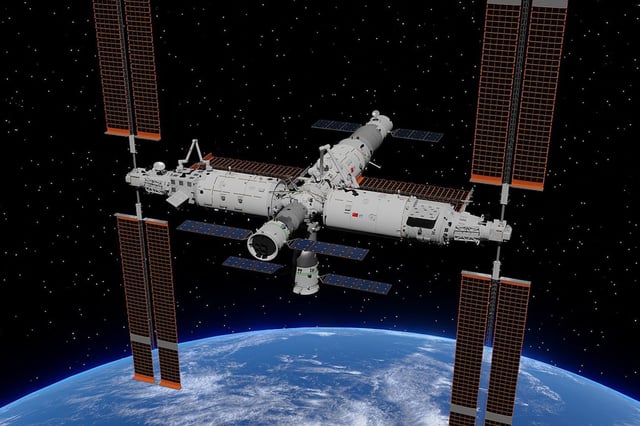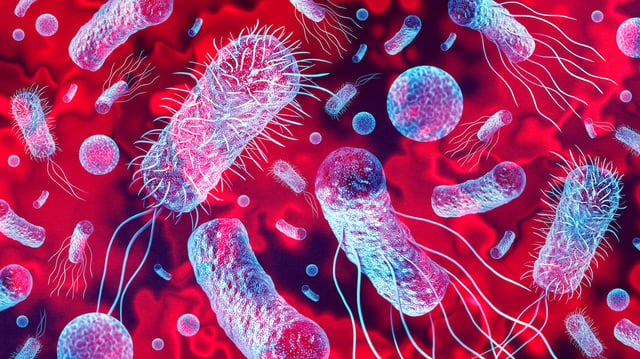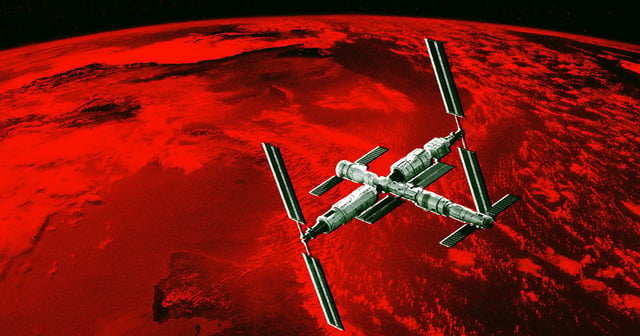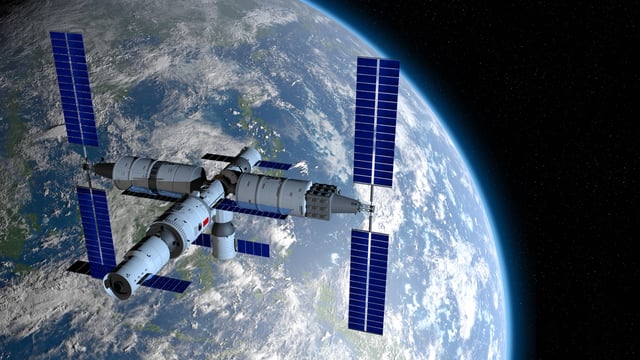Overview
- Chinese researchers identified Niallia tiangongensis, a genetically distinct bacterium, from samples collected aboard the Tiangong space station in May 2023.
- The microbe demonstrates enhanced resistance to radiation and oxidative stress, as well as the ability to hydrolyze gelatin and form protective biofilms.
- It remains unclear whether the bacterium evolved on the station or arrived pre-adapted from Earth, prompting ongoing investigations into its origin.
- Scientists have not yet determined if Niallia tiangongensis poses health risks to astronauts, though its terrestrial relatives can cause infections in immunocompromised individuals.
- The discovery is part of the China Space Station Habitation Area Microbiome Program, aimed at monitoring and managing microbial populations for long-term space missions.



